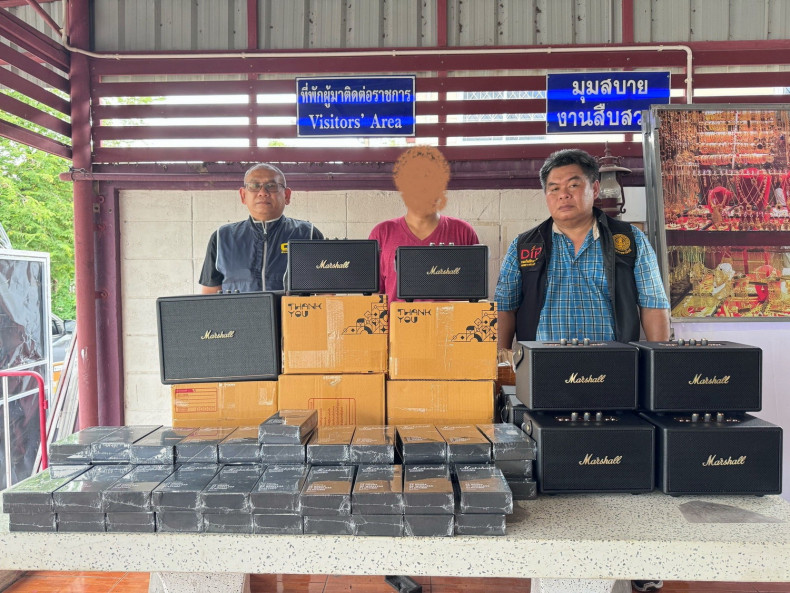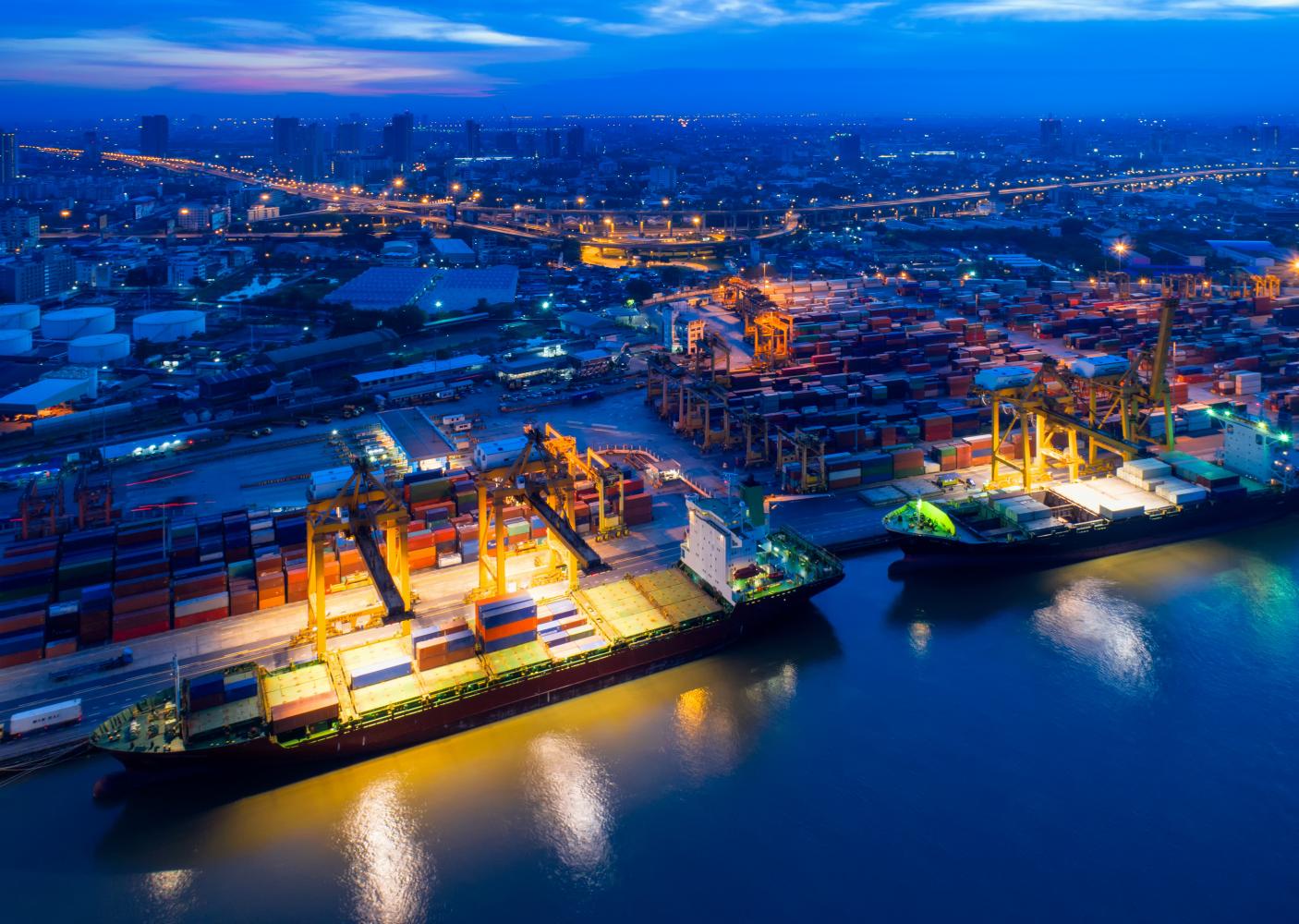Economic Challenges Loom Large
Vitai Ratanakorn Takes Helm
Vitai Ratanakorn, set to become the Bank of Thailand’s governor in October 2025, faces a daunting economic landscape. Thailand, Southeast Asia’s second-largest economy, is grappling with stalled growth, weak industrial sentiment, and underperforming sectors like tourism and manufacturing. With household debt at 90.8% of GDP and a projected GDP growth of 1.3% to 2.3% for 2025, Vitai’s leadership comes at a critical juncture for the nation’s financial stability.
Aggressive Rate Cuts Proposed
Easing Monetary Policy
Vitai, the current president of the Government Savings Bank, advocates for deeper and sustained interest rate cuts to revive the economy. The Bank of Thailand recently held its key rate at 1.75%, the lowest in over two years, following reductions in October, February, and April. Vitai has suggested that rates could drop significantly further, emphasizing proactive easing to alleviate debt burdens and stimulate consumption, a stance that aligns with the ruling Pheu Thai Party’s economic priorities.
Tensions Over Central Bank Independence
Balancing Government Influence
Vitai’s appointment follows friction between the Pheu Thai-led government and outgoing governor Sethaput Suthiwartnarueput, who resisted aggressive rate cuts. In 2024, Pheu Thai leader Paetongtarn Shinawatra called the bank’s independence an obstacle to economic recovery. Vitai has pledged to make independent decisions, stating on social media that his choices will prioritize national interests, aiming to ease concerns about political pressure influencing monetary policy.
Extensive Financial Background
From Private Sector to State Leadership
With degrees in economics and law from Chulalongkorn and Thammasat universities, and a master’s in finance from Drexel University, Vitai brings a wealth of experience. His career spans roles at Charoen Pokphand Group, Nok Air, and the Government Pension Fund, where he managed 1.4 trillion baht in assets. Since 2020, he has led the Government Savings Bank, implementing debt relief and financial inclusion initiatives, earning praise for his practical approach to economic challenges.
Concerns Over Policy Expertise
Critics Highlight Gaps
While Vitai’s banking experience is extensive, some question his readiness for the governor role. A former finance minister noted his lack of high-level macroeconomic policy exposure as a potential weakness, despite his strong ties with the Finance Ministry. These connections could foster better coordination with government policies, but critics worry about the risk of eroding the central bank’s autonomy, a key factor in maintaining investor confidence.
Market Implications and Outlook
Navigating Tariffs and Debt
Vitai’s push for rate cuts could boost financial and consumer stocks but risks weakening the Thai baht, already down 2.5% against the dollar in 2025. External pressures, including potential 36% U.S. tariffs on Thai exports like shrimp, and a tourism slowdown—35 million visitors projected versus 40 million pre-pandemic—complicate the outlook. With limited fiscal space, Vitai’s strategy of aligning monetary and fiscal policies will be crucial to addressing Thailand’s economic woes and fostering sustainable growth.









